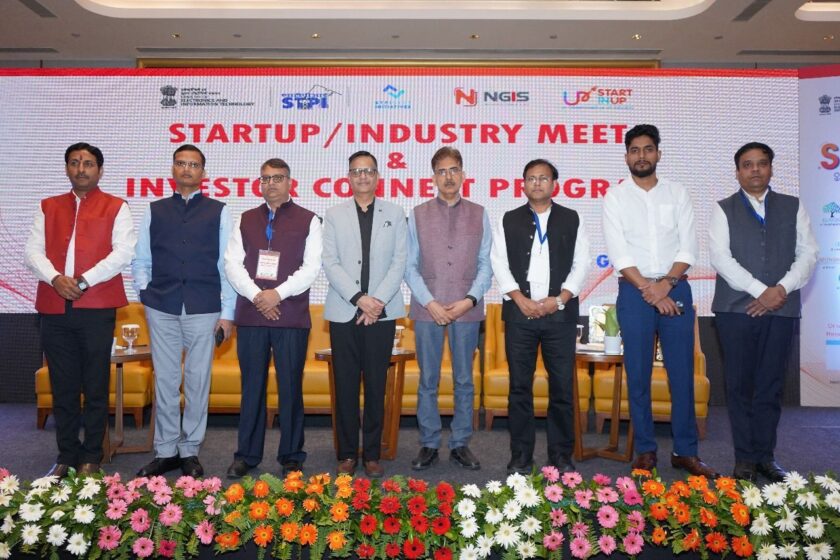Lucknow: The use of technology in agriculture has revolutionized crop yield enhancement, making farming more efficient, sustainable, and productive. Here are several ways technology is utilized for better crop yield:
- Precision Farming: Precision agriculture employs technologies like GPS, drones, and sensors to monitor and manage crops with pinpoint accuracy. Farmers can precisely control irrigation, fertilization, and pesticide application based on real-time data, leading to optimized resource use and increased yields.
- Data Analytics and Predictive Modeling: Advanced analytics and predictive modeling tools process vast amounts of data, including weather patterns, soil conditions, and crop performance, to forecast yields and identify areas for improvement. This helps farmers make informed decisions to maximize productivity.
- Genetic Engineering and Biotechnology: Genetic modification and biotechnology enable the development of crop varieties with desirable traits such as higher yields, pest resistance, and tolerance to environmental stressors like drought or salinity. These genetically modified crops can significantly increase yield potential.
- Vertical Farming and Controlled Environment Agriculture (CEA): Vertical farming and CEA utilize technologies like hydroponics, aeroponics, and LED lighting to grow crops indoors in controlled environments. By closely monitoring and optimizing growing conditions, these methods can achieve higher yields compared to traditional farming while conserving water and land.
- Smart Irrigation Systems: Automated irrigation systems equipped with sensors and IoT technology ensure that crops receive the right amount of water at the right time. This prevents water wastage and optimizes crop growth, resulting in improved yields.
- Mechanization and Robotics: Agricultural machinery and robots automate labor-intensive tasks such as planting, harvesting, and weeding, increasing efficiency and reducing labor costs. These technologies enable farmers to manage larger areas of land and achieve higher yields with fewer resources.
- Remote Monitoring and Mobile Apps: Farmers can remotely monitor their crops and receive real-time alerts on their smartphones or tablets using mobile apps and IoT devices. This enables proactive decision-making and timely interventions to address issues like pest infestations or nutrient deficiencies, ultimately improving yield outcomes.
- Blockchain and Supply Chain Management: Blockchain technology can enhance traceability and transparency in the agricultural supply chain, ensuring quality control and reducing waste. By streamlining logistics and minimizing losses during transportation and storage, farmers can optimize their yield potential.
By integrating these technologies into agricultural practices, farmers can increase crop yields, improve food security, and promote sustainable farming methods to meet the growing demands of a global population.

---------------------------------------------------------------------------------------------------














